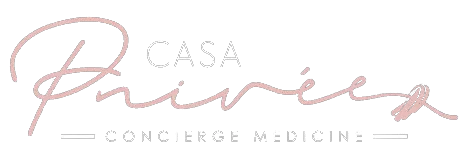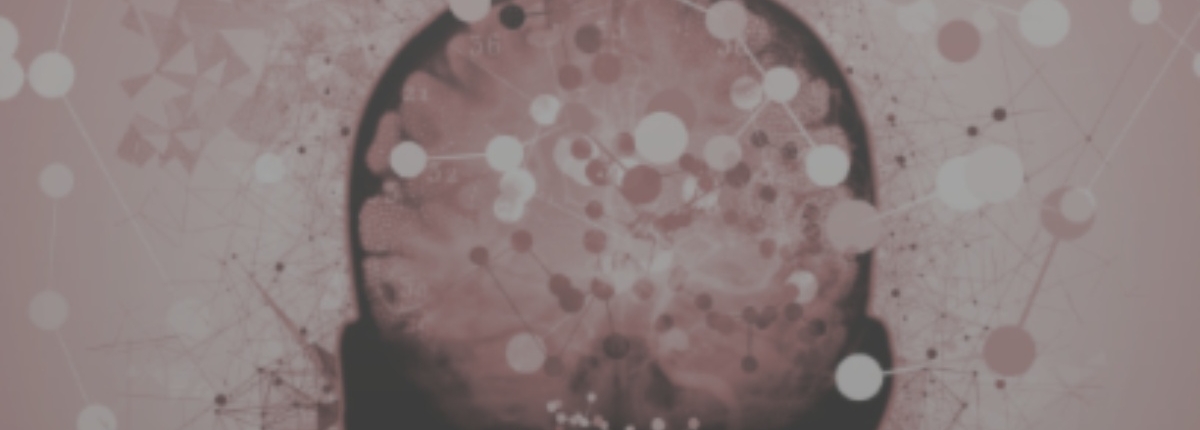Privée’s Insights
Shifting the Mind:
Exploring the Science of Depression
Greif, Sadness, & Depression
What’s the Difference?
We all experience sadness at some point in life – whether due to loosing a loved one, a difficult breakup, or the overwhelming weight of daily struggles. These emotions are part of being human. But when sadness lingers, deepens, and starts interfering with daily life, it may signal something more – depression.
For instance, bereavement is a natural process, and grief can last for months. However, if symptoms such as a persistent sadness, lay of motivation, or hopelessness continue for more than two weeks, it may have transitioned into major depressive disorder (MDD). Understanding this distinction is crucial because untreated depression can take a severe toll on mental and physical well-being.
The Underlying Causes
Depression develops from a combination of biological, psychological, and environmental factors. Research has identified several key contributors.
- Neurotransmitter Imbalances – Serotonin, dopamine, and norepinephrine play crucial roles in mood regulation. When their levels fluctuate, emotional stability is disrupted.
- Chronic Stress and Hormonal Dysregulation – an overactive stress response can elevate cortisol levels, which may lead to long-term changes in brain function.
- Inflammation and Neural Connectivity – Studies suggest that increased inflammation in the body may impact brain circuits responsible for mood and motivation.
- Genetic Predisposition – A family history of depression can increase the likelihood of developing the condition.
Recognizing the Symptoms
Depression manifests in a variety of ways, affecting both emotional and physical well-being. Common symptoms include:
- Persistent sadness and emotional numbness
- Loss of interest in previously enjoyable activities
- Changes in appetite, sleep, or energy levels
- Difficulty concentrating or making decisions
- Feelings of guilt, worthlessness, or hopelessness
- Thoughts of self-harm or suicide
To be diagnosed with major depressive disorder (MDD), an individual must experience at least five of these symptoms for two weeks or more. (DSM-5-TR)
Innovative Depression Treatments at Casa Privee
Casa Privee offers advanced, evidence-based therapies targeting both the biological and psychological aspects of depression.
TMS (NeuroStar Therapy) – FDA-approved, non-invasive brain stimulation for (MDD), ideal for patients unresponsive to medication.
Theta Chamber Therapy – Uses neuromodulation to reset neural pathways, promoting deep relaxation and neuroplasticity.
Hyperbaric Oxygen Therapy (HBOT) – Enhances brain oxygenation, supports neurogenesis, and reduces inflammation.
Pharmacotherapy – Personalized medication management, including SSRIs, SNRIs, and adjunctive treatments for resistant cases.
Depression is a complex disorder requiring comprehensive, patient-centered care. At Casa Privee, we are committed to delivering personalized and integrative treatment plans that combine traditional psychiatry with the latest advancements in neuromodulation, neurotherapy, and metabolic interventions.
Casa Privee offers cutting-edge, evidence-based solutions to restore mental well-being. Contact us today to explore your personalized path to recovery.



